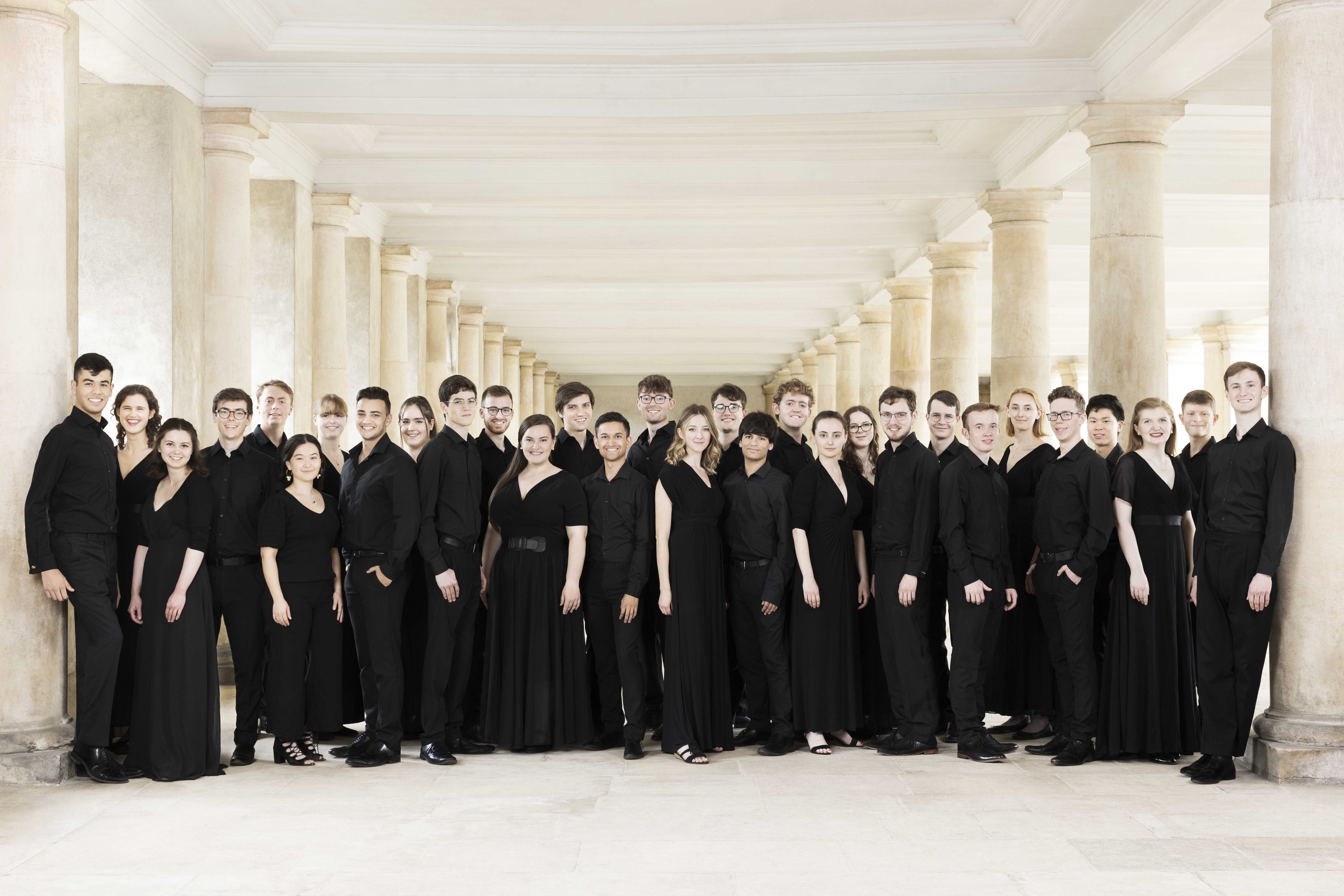Christmas Oratorio
> See concert details...With much-loved classics, familiarity can breed such content that we become blind to their strangenesses. So it was salutary to be reminded, in Anthony Burton’s programme-note to Bach’s ‘Christmas Oratorio’, that most of the music for this sacred masterpiece had been recycled from secular cantatas composed in homage to the Saxon royal family, to celebrate their birthdays and visits to Leipzig: thus were the tools of worldly flattery re-used for divine ends. What struck me, meanwhile, was the remarkable congruence of verses of its Lutheran text with images in medieval Sufi mystical poetry. ‘Prepare yourself, Zion, with sweet desire…Today your cheeks must be more beautiful to behold; hurry to love your bridegroom…’ Both religions sexualise the encounter between God and mankind.
All of which is a mere by-the-way to the fact that for this concert we had a stellar line-up of soloists, one of the most capable choirs in the business, and Britain’s indisputably best period-instrument ensemble in the form of the Orchestra of the Age of Enlightenment. When the choir of Trinity College Cambridge launched into the jubilant opening chorus, under Stephen Layton’s direction, it was clear we were in safe hands. And when James Gilchrist – one of our most accomplished oratorio tenors – went into his first recitative, followed by that incomparable counter-tenor Iestyn Davies, all was right with the world. Here the Protean Davies – fresh from starring in Handel’s ‘Messiah’ at the Wigmore Hall – employed a cleanly instrumental sound, while Gilchrist responded to the demands of his part with explosive energy and brilliant flights of coloratura: if at moments he tipped over into manneredness, that was almost inevitable, given the virtuosity Bach was calling for.
Neal Davies, another oratorio veteran, had been billed as the bass, but it was Christopher Purves who materialised: Purves’s background in opera – plus, perhaps, his youthful stint with Harvey and the Wallbangers – was clearly to be sensed in the drama with which he infused his words. Only the soprano Elin Manahan Thomas seemed below par, with a shallow, squeaky sound: her voice had no substance, giving no sense of having emanated from the diaphragm. No praise can be too high for the orchestra, whose trumpets and oboes conjured heaven.
Michael Church
